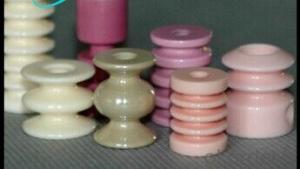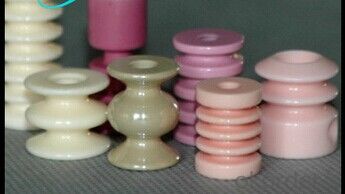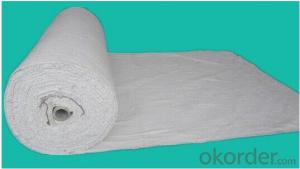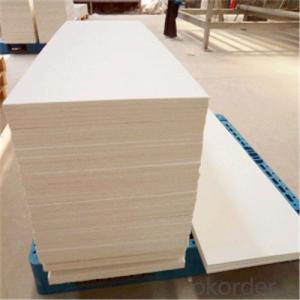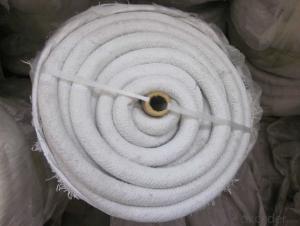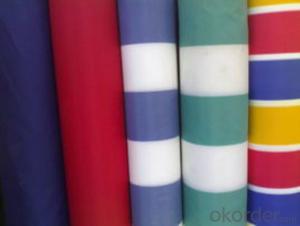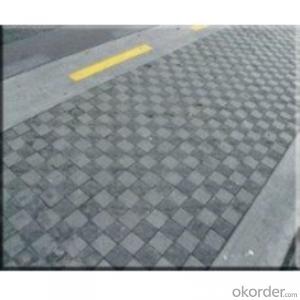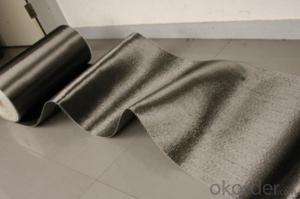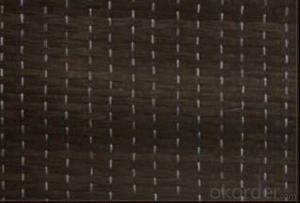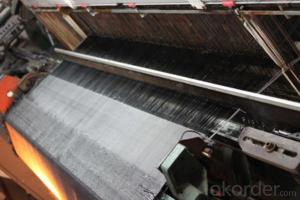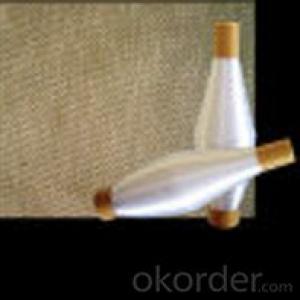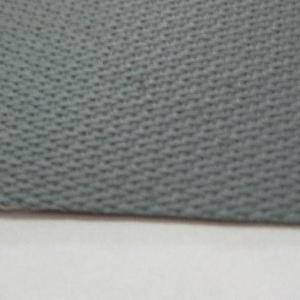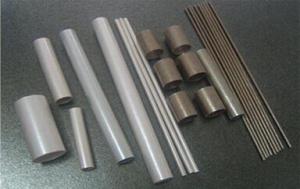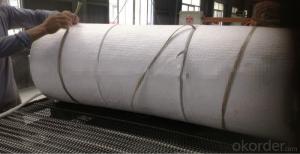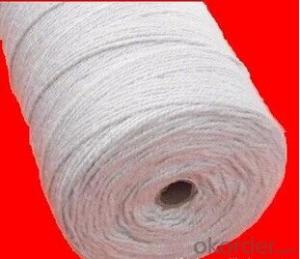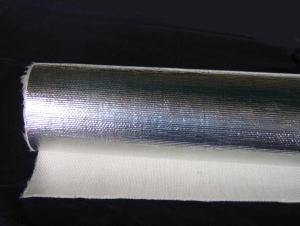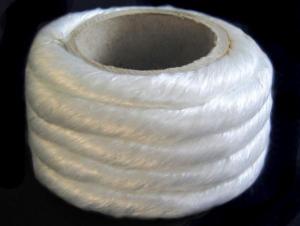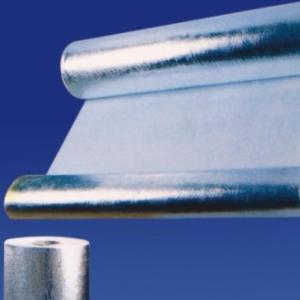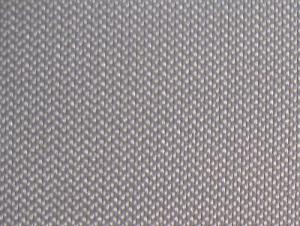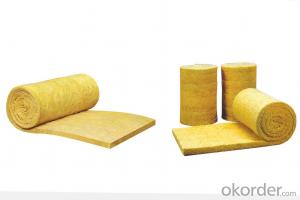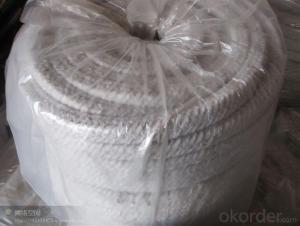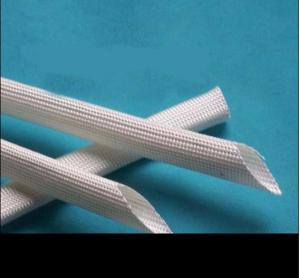Glass Fiber Textiles Industrial Textile Ceramic Parts Product
- Loading Port:
- Qingdao
- Payment Terms:
- TT OR LC
- Min Order Qty:
- 500 pc
- Supply Capability:
- 10000 pc/month
OKorder Service Pledge
OKorder Financial Service
You Might Also Like
material : 95% alumina ceramic
A variety of specifications available, ceramic eyelet, ceramic pigtail, ceramic wire guide, etc.
Advantage:
1.Using the high hardness of the ceramic material, wear resistant.
2.Precise in size .
3.Precision polishing of surface can reach 0.2, smoothly.
4.Complete product specifications.
Function:
Suitable for using in textile machinery, twisting machinery,fine spinning, weaving machinery and knitting machinery.
Data&Item | Hight Frequency Ceramic | 75% alumina Ceramic | 95% alumina Ceramic | 99% alumina Ceramic | Titanium Oxide | Zirconia | Mullite |
Content | steatite 85% | alumina≥75% | alumina≥95% | alumina≥99% | Titanium Oxide≥90% | Zirconia≥90% | 3ALz032si02 |
Fring temperature(°C) | 1350±20 | 1400-1450 | 1650-1680 | 1780-1800 | 1450±20 | 1550-1600 | 1260-1540 |
Bulk density(fired) (g/cm) | 2.8 | 3.2 | ≥3.6 | ≥3.8 | ≥3.7 | >6 | 3.25 |
Dielectric Strength(kv/mm) | 15 | 13 | 15 | 15 | 15 | ||
Water absorption(%) | <0.02 | <0.015 | <0.01 | <0.01 | <0.01 | <0.01 | <0.01 |
Compressive Strength | 560 | 2200 | 2400 | 3700 | 7200 | 5000 | |
Hardness(HRA) | ≥75 | ≥75 | ≥82 | ≥88 | ≥80 | ≥85 | 65-70 |
Volume Resistance (cm) 25°C | ≥1012 | >1012 | >1012 | >1012 | <1012 | >1012 | ≥1012 |
Flexural Strength(MPA) | 126 | 280 | 320 | 400 | 150 | 700 | 180 |
Thermal Expansion(*10) 25°C-700°C | 6-7.5 | 6 | 6.2-8.5 | 6.8-8 | 9-10 | 4-4.4 | |
Permittivity(MHZ) | 6 | 5.5 | 8.5 | 9.5 | 7 | ||
Roughness(Ra) | ≤0.8 | ≤0.8 | <0.1 | ||||
Mirror Polish | <0.3 | ≤0.1 | ≤0.05 | ≤0.03 |
- Q: Do glass fiber textiles provide insulation?
- Yes, glass fiber textiles provide insulation. Glass fiber textiles are made from fine strands of glass, which trap air and create pockets of insulation. These textiles are commonly used in the construction industry as insulation material for walls, roofs, and pipes. They have excellent thermal properties, reducing heat transfer and maintaining a comfortable indoor temperature. Glass fiber textiles are also resistant to fire, moisture, and pests, making them an effective and durable insulation solution.
- Q: Do glass fiber textiles have good tensile strength?
- Glass fiber textiles possess impressive tensile strength. Renowned for their exceptional strength-to-weight ratio and superior tensile strength, glass fibers can withstand substantial tension without fracturing or distorting. Consequently, they prove highly suitable for sectors necessitating robust and long-lasting materials, including construction, aerospace, and automotive industries. Furthermore, glass fiber textiles exhibit resistance against corrosion, moisture, and extreme temperatures, thereby fortifying their tensile strength and durability. Consequently, these textiles garner widespread recognition for their remarkable tensile strength, rendering them a favored option across diverse industrial and commercial applications.
- Q: Are glass fiber textiles resistant to chemical reactions?
- Yes, glass fiber textiles are generally resistant to chemical reactions. Glass fiber is made from molten glass which is then spun into fibers. This process results in a material that is chemically inert and does not react with most chemicals. Glass fiber textiles are often used in industries that require resistance to chemical corrosion, such as the chemical and petrochemical industries. However, it is important to note that there may be some exceptions, as certain aggressive chemicals may still have an effect on glass fiber textiles over time. Therefore, it is always advisable to consult specific chemical compatibility charts to ensure that glass fiber textiles are suitable for a particular chemical environment.
- Q: Can glass fiber textiles be used in tents or shelters?
- Yes, glass fiber textiles can be used in tents or shelters. Glass fiber fabrics are lightweight, durable, and resistant to UV radiation and harsh weather conditions, making them suitable for outdoor applications. They provide excellent insulation and are fire-resistant, making them safe for use in tents or shelters. Additionally, glass fiber textiles offer good breathability and moisture-wicking properties, ensuring a comfortable and dry environment inside the tent or shelter.
- Q: Can glass fiber textile be used in insulation blankets?
- Indeed, insulation blankets can utilize glass fiber textile. These textiles, widely employed in insulation materials, offer remarkable attributes such as elevated thermal resistance, exceptional fire resistance, and low thermal conductivity. Their effectiveness lies in their ability to impede heat transfer, rendering them an ideal choice for insulation blankets. By capturing air pockets within their fibers, glass fiber textiles effectively reduce heat transfer through conduction and convection. Moreover, these textiles are lightweight, effortless to manipulate, and readily moldable into diverse shapes, including blankets, which accounts for their immense popularity in insulation applications.
- Q: How do glass fiber textiles perform in terms of UV resistance?
- Glass fiber textiles, known as fiberglass textiles, typically exhibit outstanding UV resistance. The inherent properties of glass fibers grant them a remarkable level of UV radiation resistance. Consequently, glass fiber textiles can endure prolonged exposure to sunlight without significant degradation or harm. The resistance to UV rays is of utmost importance for textiles, as these rays can lead to fading, discoloration, and weakening of the material over time. However, glass fibers possess a natural resistance to UV radiation due to their composition. Unlike organic fibers like cotton or polyester, glass fibers, being inorganic, are less prone to UV degradation. Glass fiber textiles find common application in scenarios where UV resistance plays a critical role, such as outdoor furniture, awnings, and sunshades. Additionally, they are extensively utilized in industries like construction and automotive, where exposure to sunlight is unavoidable. It is worth noting that although glass fiber textiles boast excellent UV resistance, their performance can still be affected by various factors, including the manufacturing process, the type of glass employed, and the presence of any protective coatings. Consequently, it is advisable to consult the manufacturer's specifications or conduct specific UV resistance tests to obtain accurate information regarding the UV resistance performance of a particular glass fiber textile.
- Q: Can glass fiber textiles be used in garden or agricultural products?
- Glass fiber textiles have a wide range of uses in garden and agricultural products. They are known for their strength, durability, and ability to resist moisture and chemicals. In the garden industry, glass fiber textiles can be utilized in plant pots, garden furniture, and trellises. These textiles provide strong support and stability for plants, allowing them to grow properly. They are also resistant to rotting, warping, and damage from insects, making them perfect for outdoor use. In agriculture, glass fiber textiles are commonly used in greenhouse construction. They can be used as a covering material to insulate and protect plants from harsh weather conditions. Despite being lightweight, these textiles are strong enough to allow sunlight to pass through while shielding plants from excessive heat and harmful UV radiation. Moreover, glass fiber textiles are suitable for manufacturing agricultural nets and shade cloths. These textiles offer protection against pests, birds, and other harmful elements, allowing crops to grow undisturbed. They are also resistant to commonly used agricultural chemicals, ensuring long-lasting performance. In conclusion, glass fiber textiles are a durable and versatile choice for garden and agricultural products. Their resistance to moisture and chemicals, strength, and durability make them reliable for various applications in these industries.
- Q: How do glass fiber textiles affect recycling processes?
- Glass fiber textiles can have both positive and negative effects on recycling processes. On one hand, glass fiber textiles are often made from recycled glass, which helps to reduce the amount of waste sent to landfills and conserves natural resources. Additionally, glass fibers are highly durable and resistant to degradation, making them suitable for recycling multiple times without losing their properties. However, glass fiber textiles can also pose challenges in the recycling process. The strong and rigid nature of glass fibers makes it difficult to separate them from other materials during recycling. This can lead to contamination of other recyclable materials, reducing their quality and market value. Furthermore, the small size of glass fibers can make them difficult to collect and handle in recycling facilities, potentially causing operational issues. To overcome these challenges, innovative recycling technologies and processes have been developed. For instance, advanced sorting technologies can help separate glass fibers from other materials more efficiently. Additionally, some recycling facilities use specialized equipment to shred glass fiber textiles into small particles, which can then be blended with other materials to create new products. In conclusion, glass fiber textiles have a mixed impact on recycling processes. While they contribute to the circular economy by using recycled glass and being recyclable themselves, their strong and rigid nature can complicate the recycling process. However, with the use of advanced technologies and proper handling, the recycling of glass fiber textiles can be optimized, leading to increased sustainability and resource conservation.
- Q: Can glass fiber textiles be used in backpacks and outdoor gear?
- Yes, glass fiber textiles can be used in backpacks and outdoor gear. Glass fiber textiles, also known as fiberglass fabrics, are lightweight, durable, and have excellent strength-to-weight ratios, making them suitable for outdoor applications. They offer high tensile strength, resistance to abrasion, and can withstand extreme temperatures, making them ideal for use in backpacks and outdoor gear that may be subjected to rough handling and harsh environmental conditions. Additionally, glass fiber textiles have good dimensional stability, meaning they retain their shape and do not stretch or shrink easily. This quality is important in backpacks and outdoor gear as it ensures the items maintain their form and functionality over time, even with heavy loads or exposure to moisture. Moreover, glass fiber textiles can provide excellent protection against UV rays, making them suitable for outdoor gear that is exposed to sunlight for extended periods. This feature is particularly important for backpacks, tents, and other gear that may be used during camping, hiking, or other outdoor activities. Lastly, glass fiber textiles can be coated or treated to enhance their water resistance or flame retardancy, further increasing their suitability for backpacks and outdoor gear. Overall, the use of glass fiber textiles in backpacks and outdoor gear can provide added durability, strength, and protection, making them a reliable choice for outdoor enthusiasts.
- Q: Do glass fiber textiles have good insulation properties?
- Glass fiber textiles possess excellent insulation properties due to their network of tiny air pockets created by very fine strands of glass. This network effectively traps and slows down heat and sound, making glass fiber textiles outstanding insulators. Moreover, glass fibers exhibit low thermal conductivity, thus enhancing their insulation capabilities by inhibiting the easy conduction of heat. As a result, glass fiber textiles find frequent use in various applications requiring thermal insulation, including the construction, automotive, and aerospace industries.
Send your message to us
Glass Fiber Textiles Industrial Textile Ceramic Parts Product
- Loading Port:
- Qingdao
- Payment Terms:
- TT OR LC
- Min Order Qty:
- 500 pc
- Supply Capability:
- 10000 pc/month
OKorder Service Pledge
OKorder Financial Service
Similar products
Hot products
Hot Searches
Related keywords
